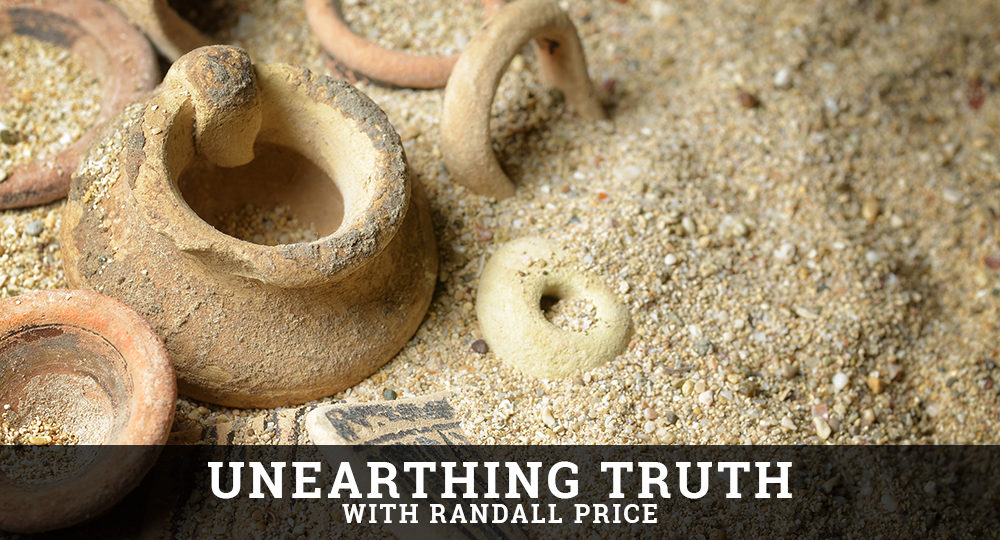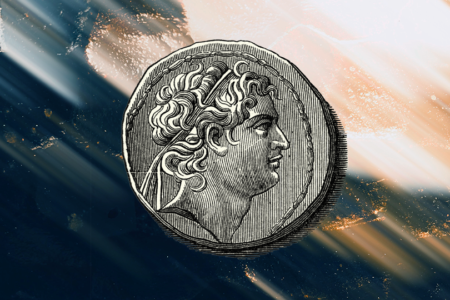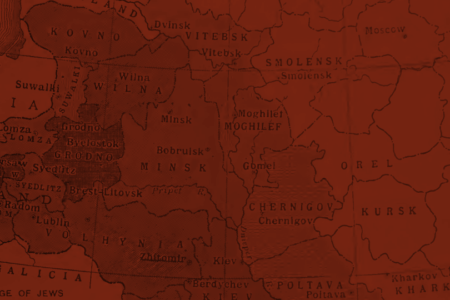Archaeology and Jericho (Part 3)
God commanded Joshua to destroy the Canaanites and conquer Jericho. This account has sparked ethical debates among modern readers, even provoking one to ask if God is a “moral monster.”1 In response, many have offered alternative interpretations to exonerate the Almighty. However, the Israelites’ conquest was not a problem for the ancients:
There is no hint of criticism from the Old Testament, Jesus, or the apostles concerning the wholesale slaughter of the Canaanites. . . . The extrabiblical material from the Apocrypha, Philo, and Josephus align with the Old Testament as well. The Jewish traditions all point in the same direction, which means that any later interpretations that find fault with the Conquest or try to reinterpret the Conquest in order to soften the text will be out of step with both the Bible as a whole and the legacy of Jewish tradition.2
Four issues, two of which are the ban and morality, clarify God’s instructions and support the literal interpretation of the biblical account.
1. The Ban. The Israelites conquered Jericho because it was under a “ban” (Josh. 6:17–19). The Hebrew term hērem means “dedicated” or “devoted” and in the context of war means “devotion to complete destruction” or “annihilation.” The Canaanites employed this concept, and the Mesha Inscription (840 BC) records that the Moabite king used a ban against Israel (2 Ki. 3:4).
The Bible distinguishes between qadosh (holy) and hērem. Objects could be devoted to God for a holy purpose (Lev. 27:28) or for destruction.3 Those marked for destruction were considered ritually contaminating because they could render other people and things unholy and liable to death and destruction (vv. 28–29; Dt. 7:26; Josh. 7:1, 11–12).4 Such objects were like cancer cells that can infect healthy cells and must be killed to save the patient’s life.
Therefore, the Canaanite population, its animals, and everything associated with its unholy practices were devoted to destruction because God’s purpose for Israel as a holy nation—and His greater purpose for the world through Israel (Gen. 12:3)—could not be realized otherwise (Ex. 19:5–6; Lev. 10:10–11; 20:23–26).
2. Morality. The Israelite conquest was not a genocide. According to religion professor Gwilym H. Jones, in holy war, “troops would bear the emblems of their gods in battle, and the presence of the gods in battle was vital to success.” Afterward, “the gods got credit for the victory.”5 Although the Bible does not use the term holy war, God’s command and instructions involving the priests and Ark of the Covenant fit this definition (Josh. 6:2–5).
However, the modern concept of holy war as ethnic cleansing or genocide does not fit the conquest. Biblical statements about the Canaanites are devoid of racism, hatred, senseless brutality, and similar characteristics of genocide. God’s command to exterminate seven Canaanite nations (Dt. 7:1–2) involved “moral cleansing,” not ethnic cleansing, and was designed to punish specific iniquity and remove an unholy contagion from Israel’s Holy Land (vv. 3–5).6
The conquest’s aim was not Israel’s domination of the Canaanite world because God explicitly told Israel He was not dispossessing the Canaanites because Israel was an inherently better people but because of the Canaanites’ “wickedness” (9:4–6). Even then, God saved righteous Canaanites, such as Rahab (Josh. 2:3–21) and Ruth (Ruth 1:16–17; 4:13–22), and incorporated them within Israel and even within the royal and Messianic line (Mt. 1:5).
(Continued in next issue)
ENDNOTES
-
- Paul Copan, Is God a Moral Monster? Making Sense of the Old Testament God (Grand Rapids, MI: Baker Academic, 2011).
- Jordan P. Ballard, “The Kindness and Severity of God: A Defense of the Conquest of Canaan,” PhD dissertation (Liberty University, 2022), 396.
- Leon J. Wood, “hērem,” in Theological Wordbook of the Old Testament, ed. R. Laird Harris, Gleason L. Archer, Jr., and Bruce K. Waltke (Chicago, IL: Moody Press, 1980), 1:324.
- Richard D. Nelson, “Herem and the Deuteronomic Social Conscience,” in Deuteronomy and Deuteronomic Literature: Festschrift C. H. W. Brekelmans, ed. M. Vervenne and J. Lust (Leuven, Belgium: Leuven University Press, 1997), 46.
- Gwilym H. Jones, “The Concept of Holy War,” in The World of Ancient Israel: Sociological, Anthropological and Political Perspectives, ed. R. E. Clements (Cambridge, United Kingdom: Cambridge University Press, 1989), 300–302.
- Paul Copan and Matthew Flannagan, Did God Really Command Genocide? Coming to Terms with the Justice of God (Grand Rapids, MI: Baker, 2014), 277








